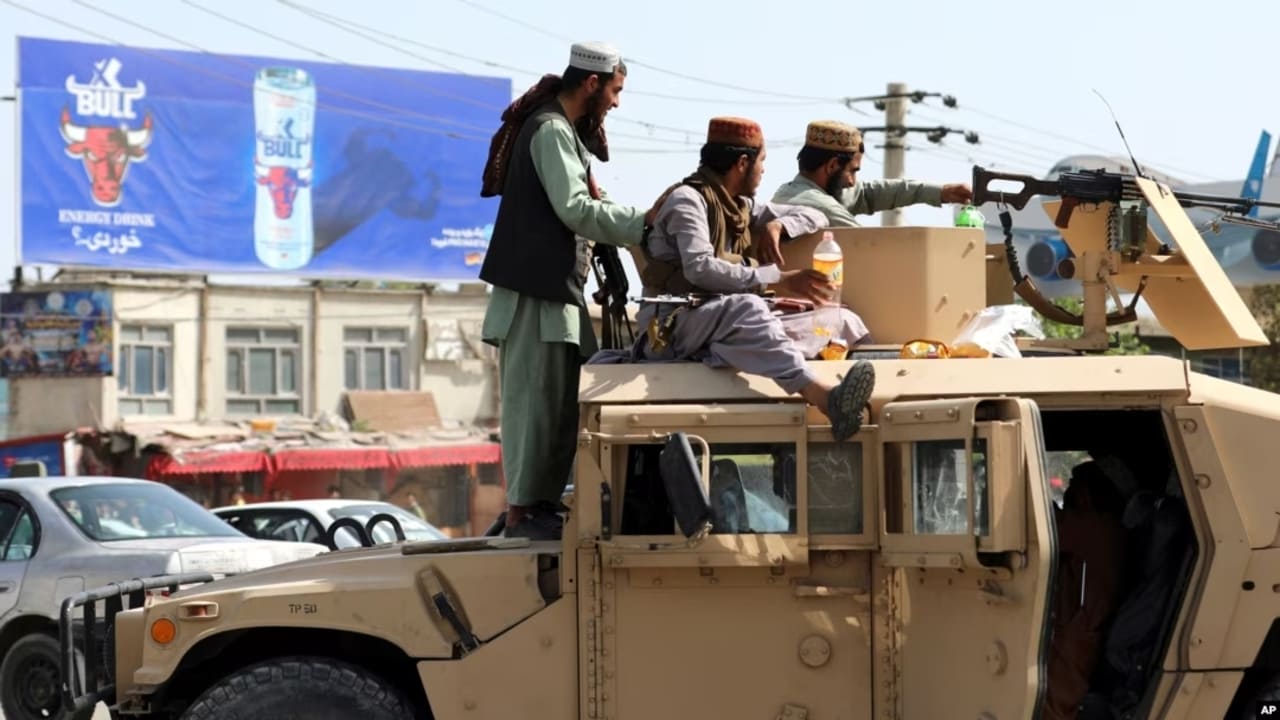
IndependentReport – Bagram Airbase has once again become the center of global political debate after US President Donald Trump demanded its return to American control. Located about 64 kilometers from Kabul, the base served as the largest hub of US military operations during two decades of conflict in Afghanistan. Its strategic position made it a key site for launching air missions, conducting intelligence operations, and maintaining influence in the broader region.
Analysts emphasize several factors that highlight why the Bagram Airbase remains so significant. First, its geographical proximity to both Central and South Asia allows the United States to maintain a forward presence in an area where rival powers such as China and Russia continue to expand their influence. Second, it represents a symbol of America’s once-dominant role in Afghanistan, meaning its loss to the Taliban in 2021 was seen as a dramatic shift in global power balance. Finally, the advanced infrastructure of the base, from its long runways to its secure facilities, continues to offer military potential that few other locations can match.
Trump used his social media platform Truth Social to issue a warning that “bad things are going to happen” if Afghanistan does not hand the Bagram Airbase back to the United States. Although he did not clarify what specific actions he would take, the message was clear: the United States should reassert its influence over a site it once controlled. His remarks were quickly pick up by international media and sparked debate over whether this was a genuine policy position or a political move designed to show strength.
Observers point to three major aspects of Trump’s statement. First, the language he chose was intentionally vague, leaving room for speculation about military action, diplomatic pressure, or economic sanctions. Second, the timing of his remarks comes as he faces pressure at home to demonstrate a strong foreign policy stance. Third, by focusing on the Bagram Airbase, Trump underscores his belief that the US withdrawal from Afghanistan under previous administrations represented a mistake that needs correction.
Read More : Three Injured After Sniper Targets US Immigration Office in Dallas
The Taliban government responded firmly to Trump’s remarks, making it clear that Afghanistan will not reopen its territory to foreign military presence. Officials from the Taliban’s Ministry of Foreign Affairs insisted that relations with the United States could only be built on mutual respect and shared economic interests, not through the return of military bases. This response signals a strong desire to assert sovereignty and reject any suggestion that Afghanistan would once again serve as a staging ground for American forces.
From Afghanistan’s perspective, several arguments reinforce their position. Firstly, after years of conflict, the Taliban wants to consolidate power domestically without the perception of being influence by foreign armies. Secondly, allowing US forces back into the Bagram Airbase could reignite insurgencies or create internal divisions. Thirdly, maintaining exclusive control over the base represents a form of political legitimacy that the Taliban wishes to project both to its citizens and to the international community.
Also Read : Stunning Creatures, Tragic Fate: 10 Most Endangered Animals Alive
The debate over the Bagram Airbase is more than just a bilateral issue between Washington and Kabul; it has far-reaching consequences for global politics. Trump’s warning raises concerns that any attempt to retake the base could trigger new conflicts in the region. Neighboring countries such as Iran, Pakistan, and China would likely view an American return as a destabilizing move, potentially escalating tensions in an already volatile part of the world.
Analysts outline three possible scenarios that could unfold. The first scenario is that Trump pushes for diplomatic negotiations but fails to convince the Taliban, leaving the issue unresolved. The second is that economic or political pressure is use to weaken Afghanistan’s resistance, potentially isolating the Taliban on the global stage. The third, and most concerning, scenario involves the threat of direct military action, which could plunge the region back into chaos and undo years of fragile stability.
For now, the future of the Bagram Airbase remains uncertain. Trump’s rhetoric has reignited debate about America’s role in Afghanistan and whether the country can or should attempt to reclaim its former military strongholds. While the Taliban stands firm, the unpredictability of US politics means the issue is unlikely to disappear from headlines anytime soon. What is clear, however, is that the Bagram Airbase has once again become a symbol of power, sovereignty, and the ongoing struggle over influence in South Asia.
This Article About Bagram Airbase Written by: Ayu Azhari | Editor: Micheal Halim
Information Source: nypost.com